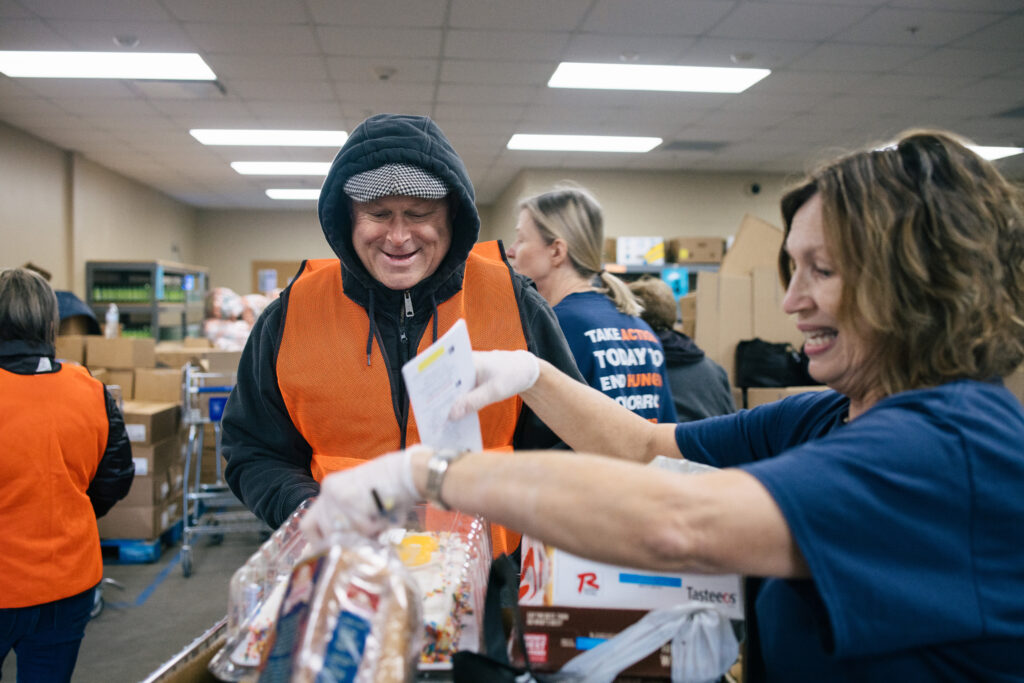From the desk of Bekah Clawson, President & CEO
While defining poverty is good for counting families and understanding the number of people affected each year, it doesn’t really describe what it means to be impoverished. Not having enough money – or making below what is sustainable – has reaching impacts across a community.
- Living in poverty means being “food insecure,” or not knowing where your next meal will come from. It means empty refrigerators and hungry summers when there aren’t school lunches to tide kids over.
- Living in poverty means hot summers and cold winters as families can’t afford the electricity to keep an air conditioner or heater running.
- Poverty means not having internet access to attend virtual school or to complete homework assignments. For the adult in a household it might mean not having a computer or phone to apply for jobs and respond to calls for interviews.
- Poverty creates a transportation problem. Without reliable personal or public transit, a family’s ability to get groceries, attend doctor’s appointments, or make it to work on time is compromised.
These are just a few examples of what it means to be under-resourced in our community. Second Harvest Food Bank’s answer to helping alleviate some of these issues and to tackle the root cause is an initiative called Forward STEPS. This initiative emphasizes community learning and discovery that is strategically designed to walk alongside under-resourced working individuals and families. The program provides tools and resources to increase economic stability on the journey to self-sufficiency. The specific class curriculum is called “Getting Ahead” and provides 16 weekly interactive class times in which students learn about resources available to them, how to set goals and steps to work toward achieving those goals. Interactive group activities, relationship-based empowerment and the development of a personal journey to self-sufficiency is the goal of the class. To date there have been 21 classes of graduates with approximately 10-12 in each class. All classes to date have been held in Delaware County but we are currently planning and gathering funds to start a class in Grant County.

If you are interested in making a lasting difference in someone’s life and truly helping to move the needle toward self-sufficiency, we welcome your contributions to Forward STEPS. If you want to have a conversation to learn more, reach out to me by email.


